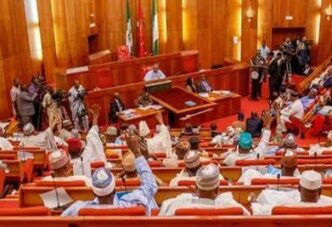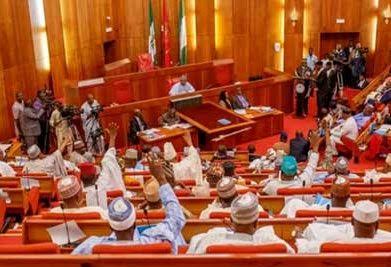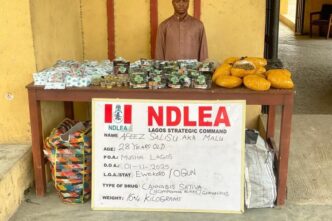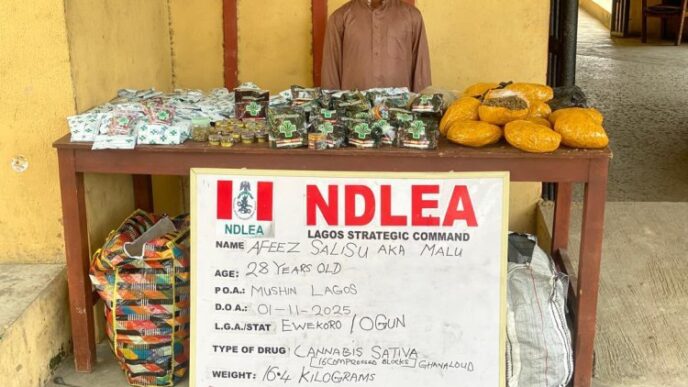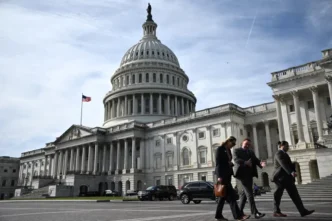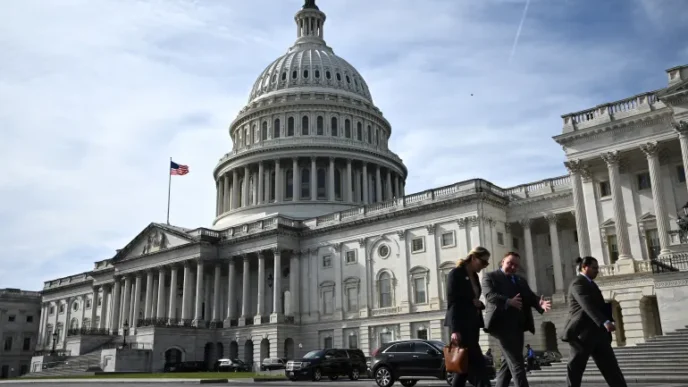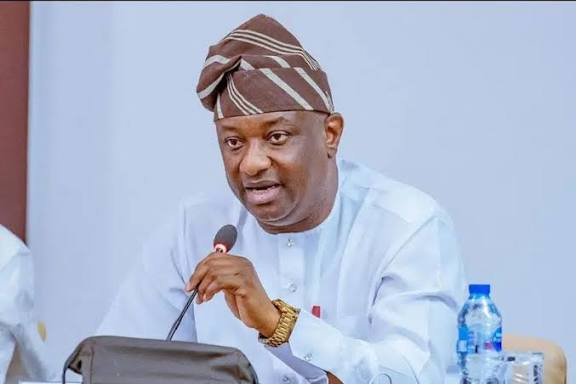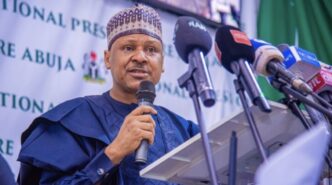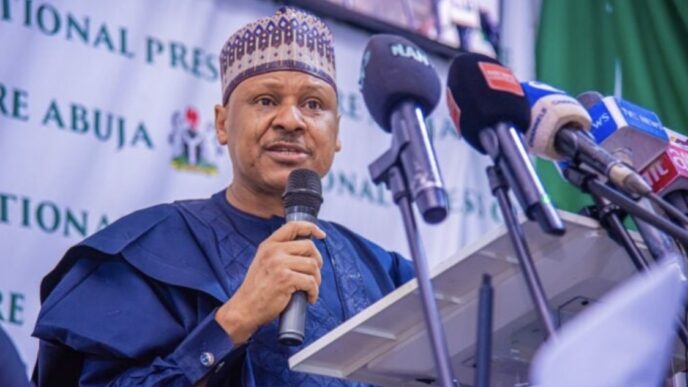Nigeria may have lost more than $300 billion to crude oil theft, leakages, and systemic corruption over the years, according to an interim report of the Senate Ad-Hoc Committee investigating oil theft in the Niger Delta.
Gatekeepers News reports that presenting the report on Wednesday, Senator Ned Nwoko (Delta North) said the committee’s findings revealed deep-seated irregularities in the management of the nation’s oil and gas sector, ranging from weak enforcement and poor measurement standards to unaccounted crude exports that have bled public revenue for decades.
“The findings so far expose systemic irregularities and inefficiencies that have robbed the country of enormous wealth,” Nwoko told lawmakers while presenting the 40-page report.
The committee’s preliminary review cited consultant data indicating crude revenue shortfalls of $81 billion between 2016 and 2017, and more than $200 billion in unremitted or untracked oil proceeds since 2015, bringing total estimated losses to over $300 billion.
While senators unanimously described the revelations as “disturbing” and “eye-opening,” disagreements emerged over the committee’s proposal to “track, trace, and recover” stolen crude oil and proceeds.
Senator Abdul Ningi (Bauchi Central) cautioned against exceeding legislative limits, noting that recovery falls under executive agencies such as the EFCC and ICPC.
“We can track and trace, but recovery is beyond the powers of the Senate,” Ningi said.
Supporting him, Senator Solomon Adeola (Ogun West), Chairman of Appropriations, stressed that while the Senate must identify culprits and quantify losses, recovery remains “an executive responsibility.”
Senator Ibrahim Dankwambo (Gombe North), former Accountant-General of the Federation, called for a forensic, well-by-well and rig-by-rig audit to uncover all actors involved — from licensed operators and middlemen to illegal refiners.
“This is not a simple theft problem; it is a complex network of collusion and concealment,” he said.
The committee urged the Nigerian Upstream Petroleum Regulatory Commission (NUPRC) to enforce international crude measurement standards across production and export terminals. It also recommended deploying unmanned aerial vehicles (UAVs) for surveillance, establishing a Maritime Trust Fund to strengthen security, and creating special courts to expedite the prosecution of oil thieves.
Further recommendations included the full enforcement of the Host Communities Development Trust Fund under the Petroleum Industry Act (PIA) and the reassignment of abandoned wells to the NUPRC for optimal use.
Presiding over the debate, Senate President Godswill Akpabio commended Nwoko and the committee for what he called a “thorough and courageous effort,” while aligning with the view that the legislature must stay within its oversight role.
“Our duty is to track and trace. Recovery lies with government agencies. Nonetheless, this $300 billion revelation is staggering and demands urgent reform,” Akpabio said.
The Senate subsequently adopted the interim report, directing the committee to continue its investigation and submit a final report with actionable recommendations to halt oil theft and plug revenue leakages.

